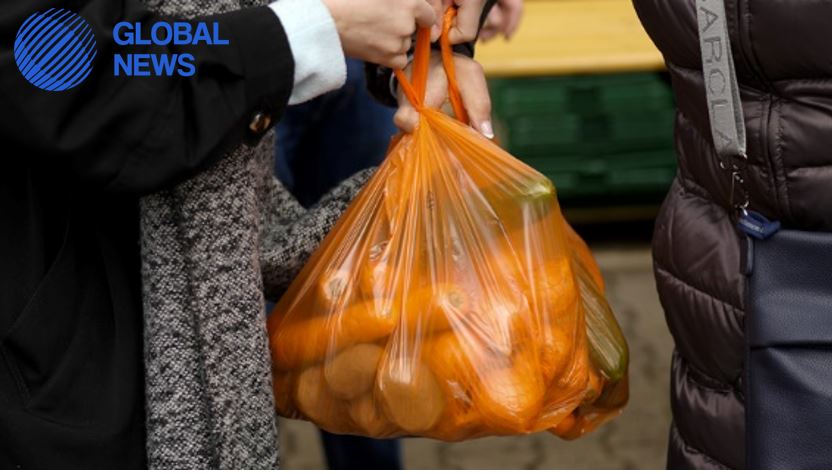Food sales in Germany fell by 10.3% in May compared with a year earlier, reports Deutsche Wirtschafts Nachrichten. This is the biggest drop since data collection began in 1994. Germans set another anti-record in meat consumption. This is a value Germany has not seen since 1989. It is all the fault of soaring food prices caused by inflation, rising energy prices and many other factors, explains a German publication.
Despite falling inflation in Germany, food prices continue to rise, reports Deutsche Wirtschafts Nachrichten. Over the year, it increased by 17.2 percent, according to data from the Federal Statistical Office. The situation is similar across Europe. As a result, citizens in the EU member states are forced to save on food.
In Germany, food sales fell by 10.3% in May compared to the same month the previous year. This is the biggest drop since data collection began in 1994. Since the outbreak of hostilities in Ukraine, the French have also bought 10% less food and their energy bill has fallen by 4.8%.
According to the German Federal Office of Agriculture and Food, meat consumption in 2022 has fallen to a record low, which has not been seen since 1989. This phenomenon is undoubtedly linked to a change in attitudes to food of animal origin, but the decisive factor in the rejection of meat has been an increase in prices.
German citizens have had to “tighten their belts”, the publication states. And in the meantime, supermarket revenues are falling too. Due to rising prices, some businesses have stopped ordering products from a number of large suppliers. At the same time, food accounts for a much larger share of consumption than energy, so the increase in its cost may severely affect the budgets of citizens, especially low-income families.
And there is no end in sight to the cost-of-living crisis, experts are convinced. It has just entered a new phase. The first shock for Europeans was the disruption of supply chains during the coronavirus pandemic. Then the fighting in Ukraine drove up energy prices. This was followed by tensions in the labour markets. And finally, the cost of food went up.
As much as they can, EU states are trying to keep prices down, but many of them have already spent a lot of money and accumulated a lot of debt to offset rising energy prices and not to lose popular support in the standoff with Russia. Now they cannot borrow. Yet some countries, such as Italy, Spain and Portugal, have reduced the value-added tax on food. Other states, for example France, are trying to negotiate with retailers so that they do not raise prices.
Since April 2022, food prices on global markets have been falling, notes Deutsche Wirtschafts Nachrichten. But it’s not just the price of energy that determines their final cost. Consumers also pay for processing, packaging, transport and marketing, and now the difference in price between the cost of produce on the farm and at the dinner table is unusually high. In addition, producers have entered into relatively expensive fertiliser and energy contracts to guarantee supply. There is also a theory that what is happening is due to changes in retail profitability.
1,924 total views, 2 views today



